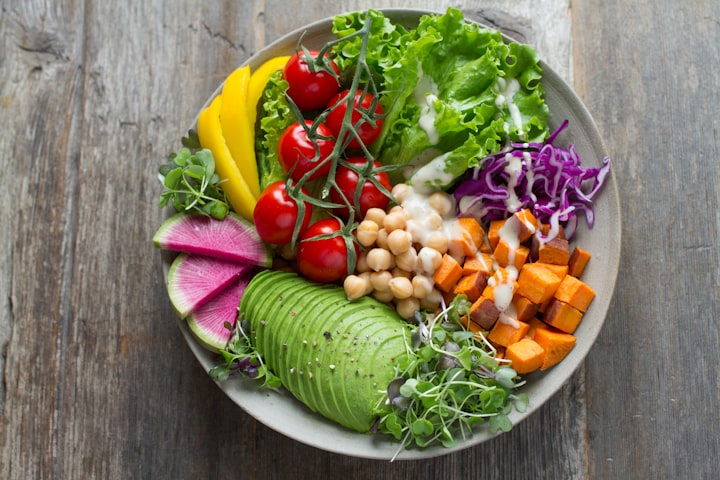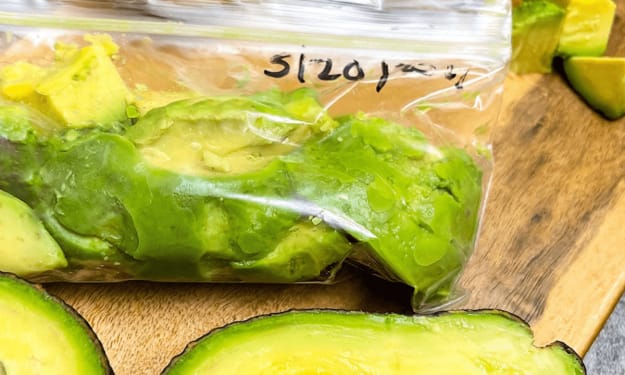Organic food
Organic foods are manufactured in accordance with strict guidelines

Organic food is an ongoing debate that I've had with practically every "clean eater" I've ever met. Almost everyone who attempts to eat healthy makes the decision to become organic at some point. It's better for the environment, and removing all those harmful chemicals must be beneficial for your health.
Right?
This can be found all over the place. The first thing any paleo advocate will tell you is that conventional farming is responsible for everything from cancer to autoimmune disease, and pretty much everything in between. People are criticizing GMOs and pesticides left and right on the internet, with organics appearing to be the only safe option among a sea of disease-causing horrors.
Alarmist fearmongering about dangerous substances, on the other hand, is all the rage, and despite these assertions, we all appear to be growing stubbornly healthier each year.
So, what is the scientific proof for organic food?
What Exactly Is Organic?
The first issue to resolve is the definition of organic food. Not only does it vary by country, but the regulation and oversight of organics can be so poor in some regions that it's difficult to tell the difference between conventional and organic farming.
However, the website "Healthy Holistic Living" has a very useful definition that provides a glimpse into the total folly that makes up the health claims for organic foods:
" Organic foods are manufactured in accordance with strict guidelines. It signifies that crops were cultivated without the use of pesticides, fertilizers, human waste, or sewage sludge, and that they were processed without the use of ionizing radiation or food additives. It signifies that animals were raised without the use of antibiotics or growth hormones on a regular basis. Organic fruit cannot be genetically modified in most countries."
Essentially, organic food should be grown in the same way that it was in medieval times: with no 'artificial' chemicals, no raw sewage, and animals that are always at risk of infection and death.
There are clear flaws in this approach. Raw sewage is never sprayed on crops because it kills them. Because artificial fertilizers and conventional pesticides are prohibited, you can use natural and/or unconventional fertilizers and insecticides instead. Ionizing radiation processing is both safe and effective at killing harmful germs and viruses in your food.
I could go on and on. Actually, I'll do it.
The only thing that is disallowed is genetic alteration in a lab, which is neither a hazard for human health nor truly outlawed in organic farming. For ages, humans have been genetically changing food through a process called as hybridization, which entails breeding plants to get the desired characteristics. It's how, for example, we got rid of the seeds in bananas.
Wheat was one of the earliest hybridized grain crops, resulting in yields that were hundreds of times higher than before.
There is Proof
There has been a lot of research into whether organics are healthy for your health. We've looked at the subject a lot, from small lab experiments with animals and cells to large, well-controlled human interventional trials.
A number of systematic reviews have looked into the potential health benefits of organic foods. Systematic reviews are investigations in which scientists examine the complete body of literature, combing through hundreds of thousands of research to determine the strength of the evidence for and against a particular stance.
And when we look at systematic evaluations on organic food, we see the same answer time and time again: organic food has no health benefits when compared to conventionally grown food.
None.
Organic food is no better for you than any other type of food.
Remember that if it doesn't come in a basket, it's probably not organic in the first place.
This should come as no surprise. As I previously stated, the things that organic food protects you from may appear frightening, but they are actually not harmful to your health. Yes, pesticides can be harmful if consumed in large quantities, but the amount found in the average tomato is in the nanogram range. For comparison, you currently have more formaldehyde in your body than insecticides.
When you look at it that way, it's not so scary after all, is it?
Conclusion
Organic food has become increasingly popular for a variety of reasons. There's little doubt that it's better for the environment than traditional choices, and if you're willing to spend a little more to help maintain biodiversity, I say go for it.
The dread of traditional farming, on the other hand, is completely unjustified. Pesticides in the proportions found in most retail foods have been shown to have no negative influence on human health. Conventional farming has transformed the world by providing easy access to fresh food all year; in fact, conventional farming has saved millions of lives around the world.
The naturalistic fallacy, which holds that things are healthy because they are natural, is shown by the advertising of organic food. Anyone who has been bitten by a natural viper or has had natural tapeworms will tell you that this is dull nonsense. People are terrified of what they don't understand, therefore organic food is just another way for scam artists to market health.
At the end of the day, there's only one valid reason to eat organic: it's better for the environment.





Comments
There are no comments for this story
Be the first to respond and start the conversation.